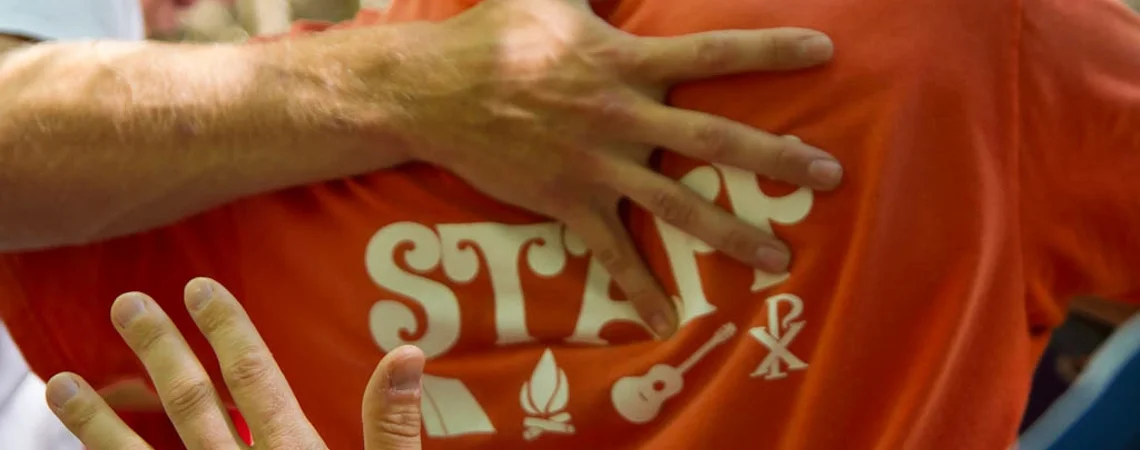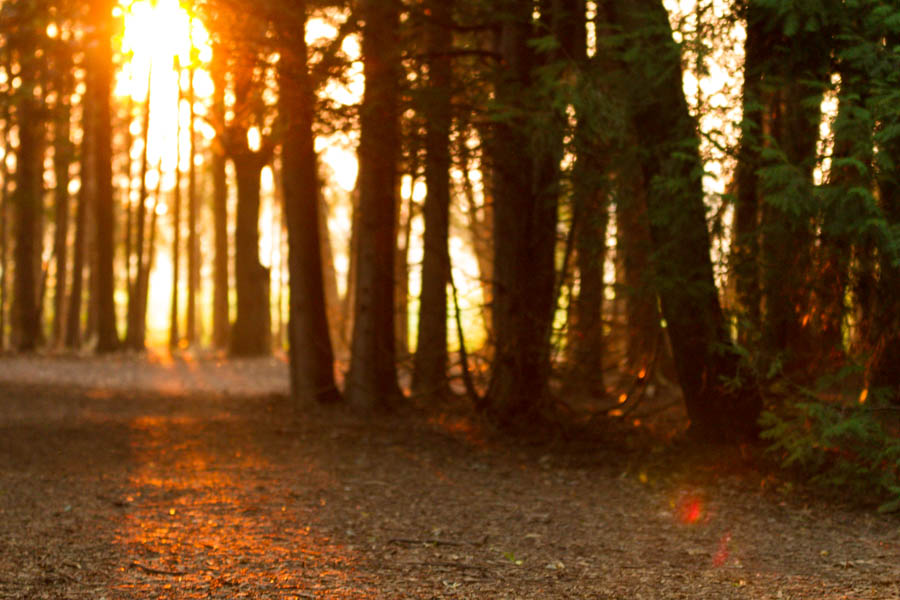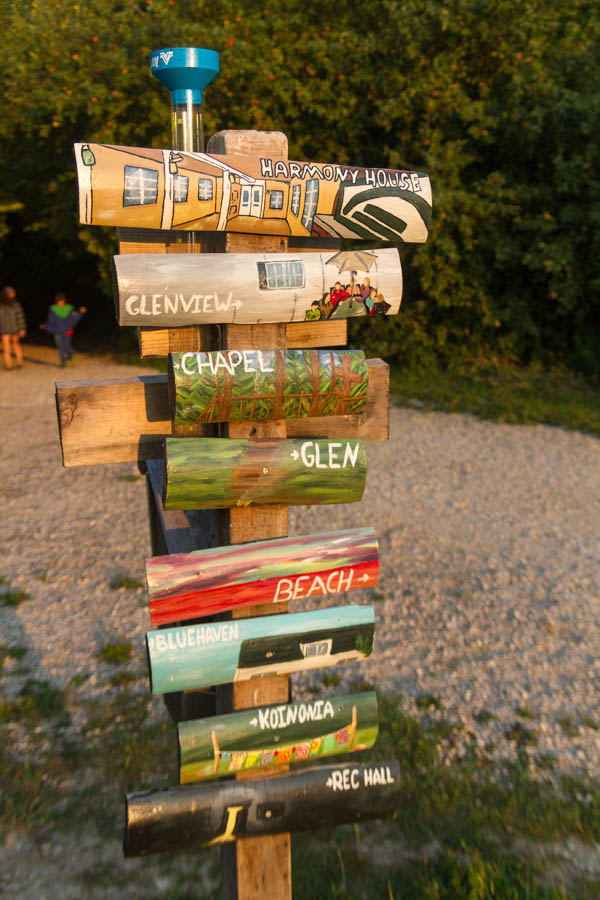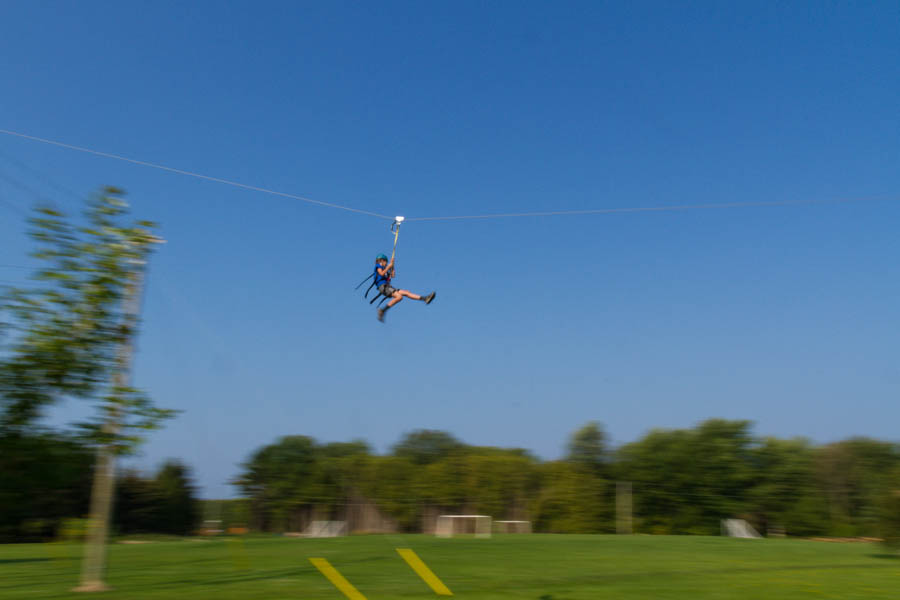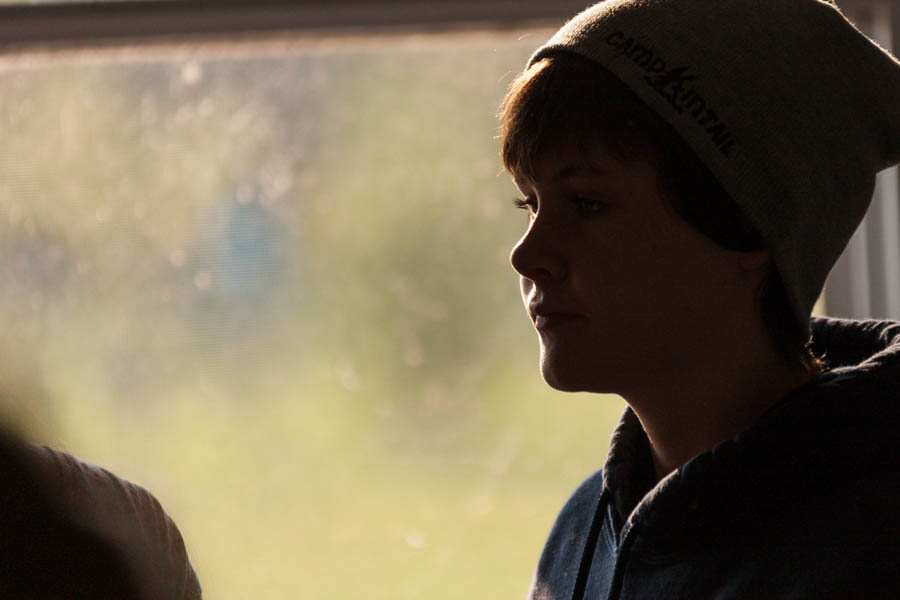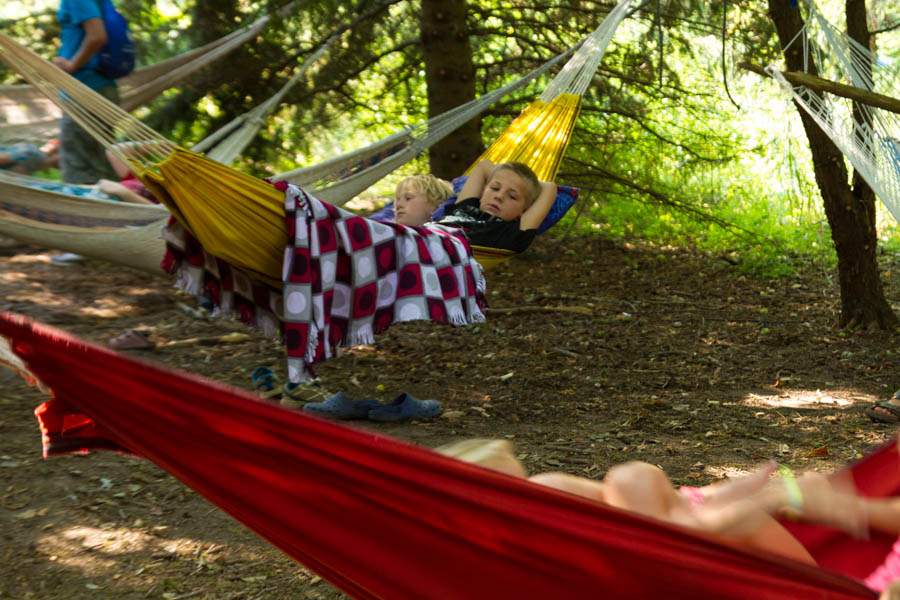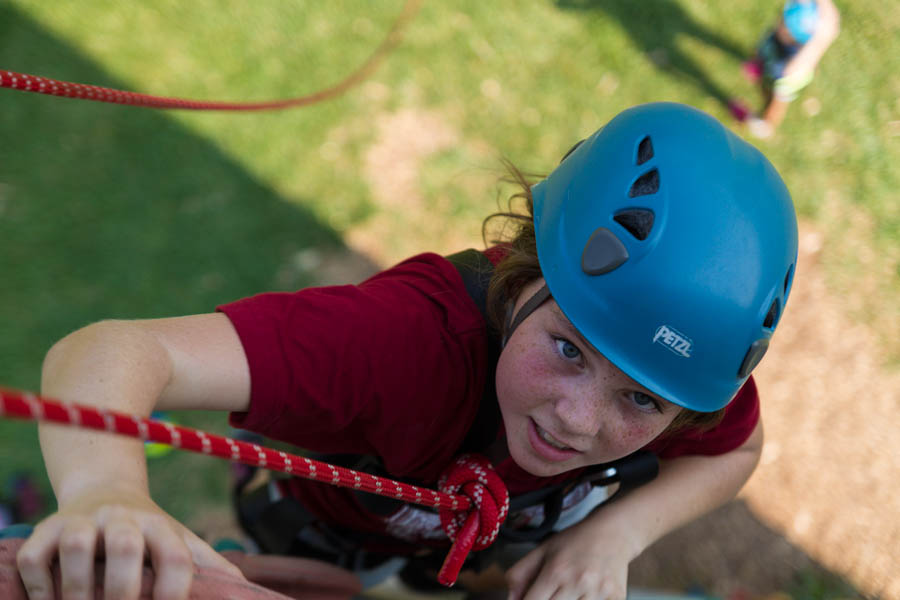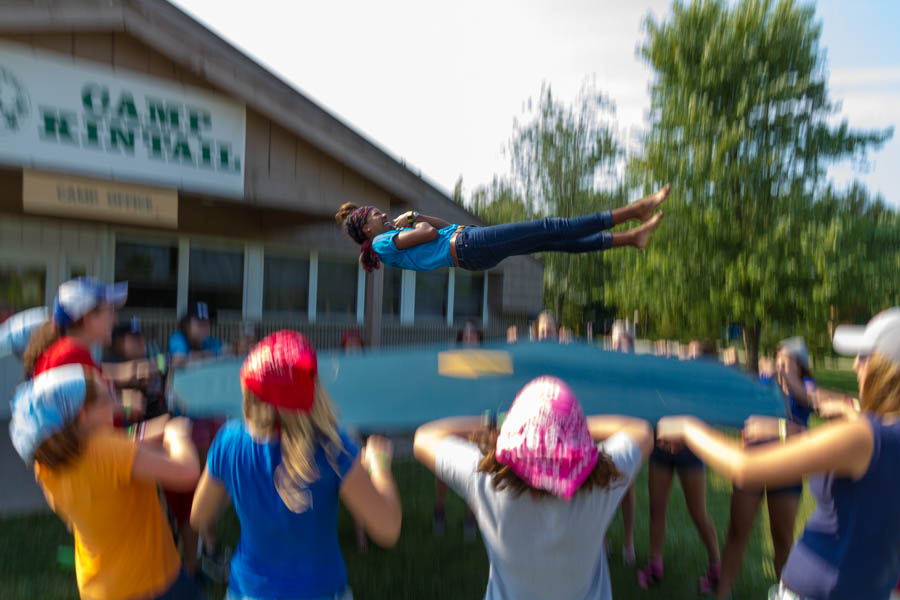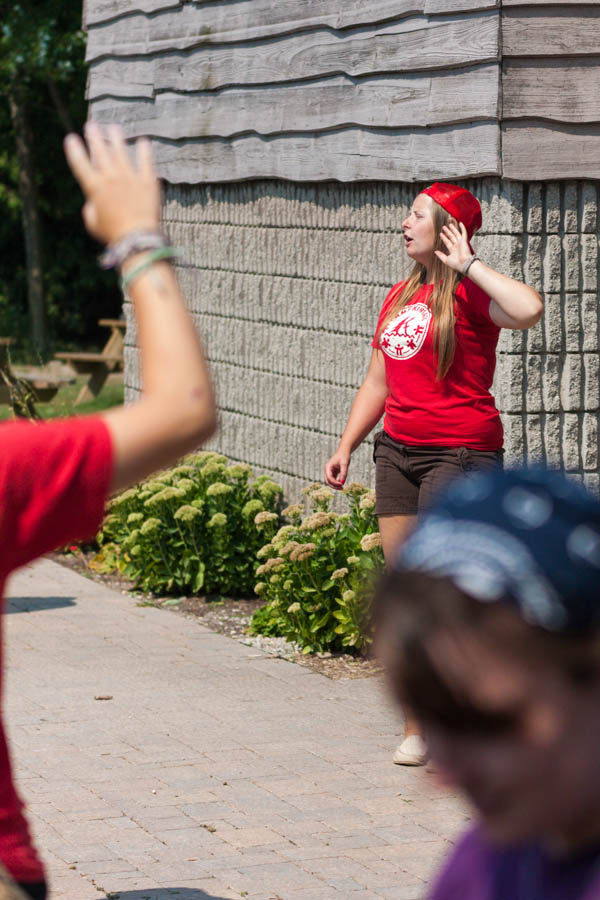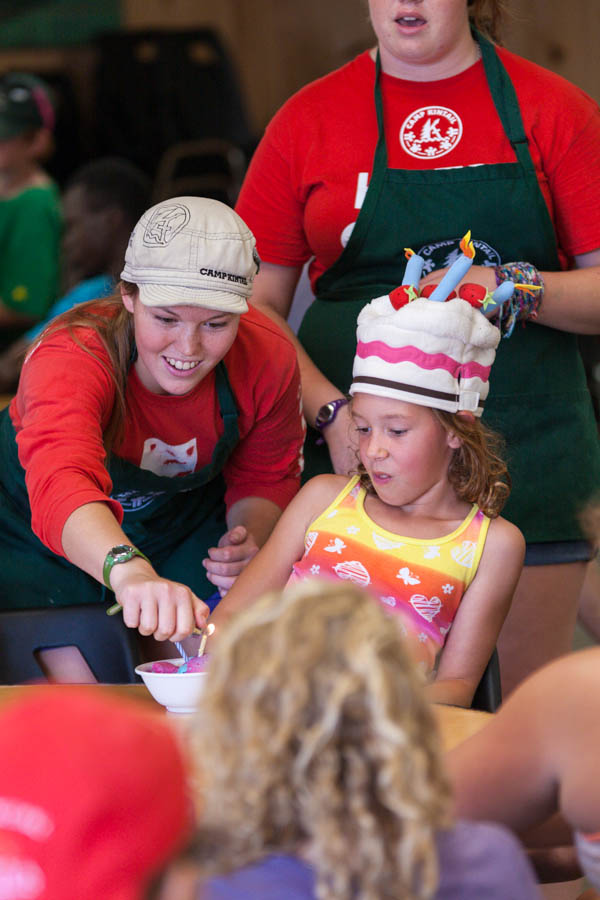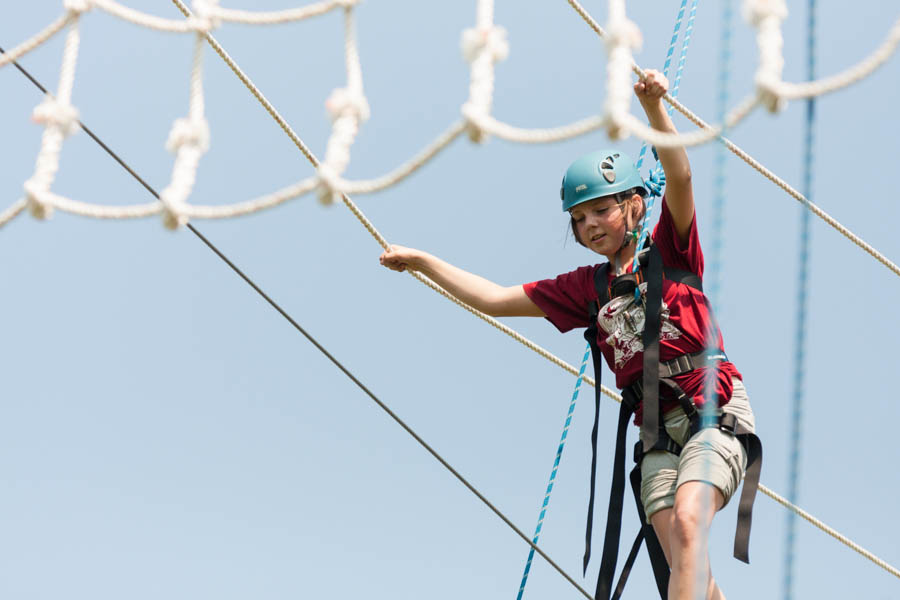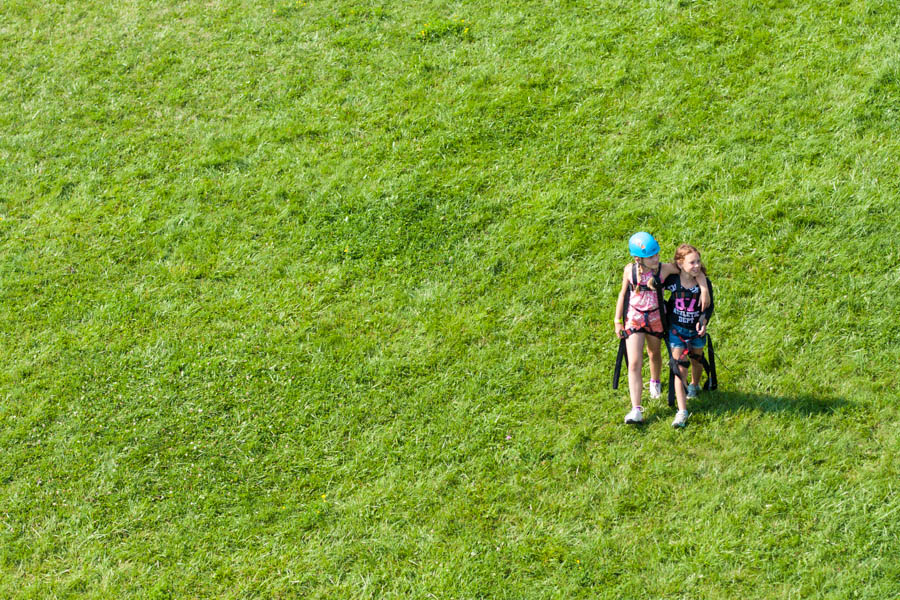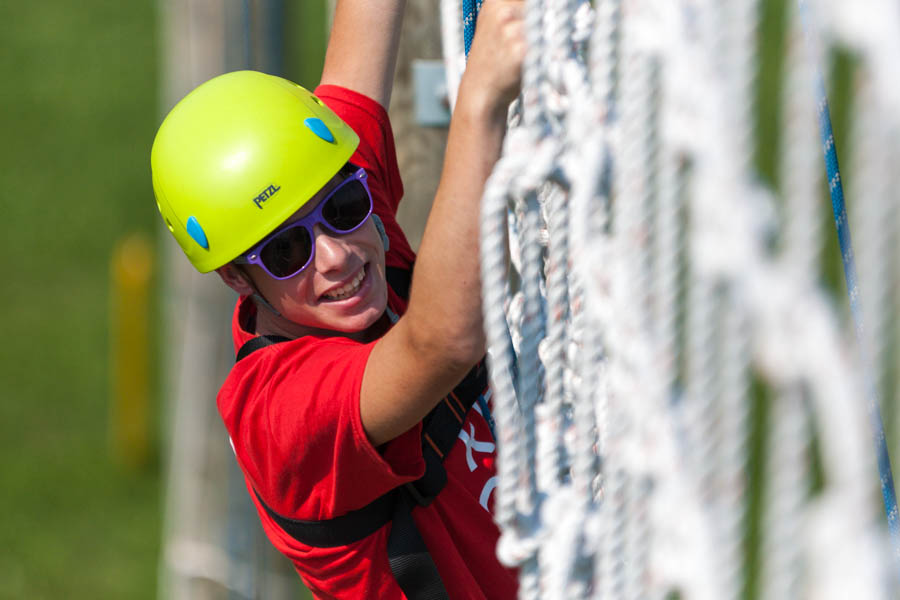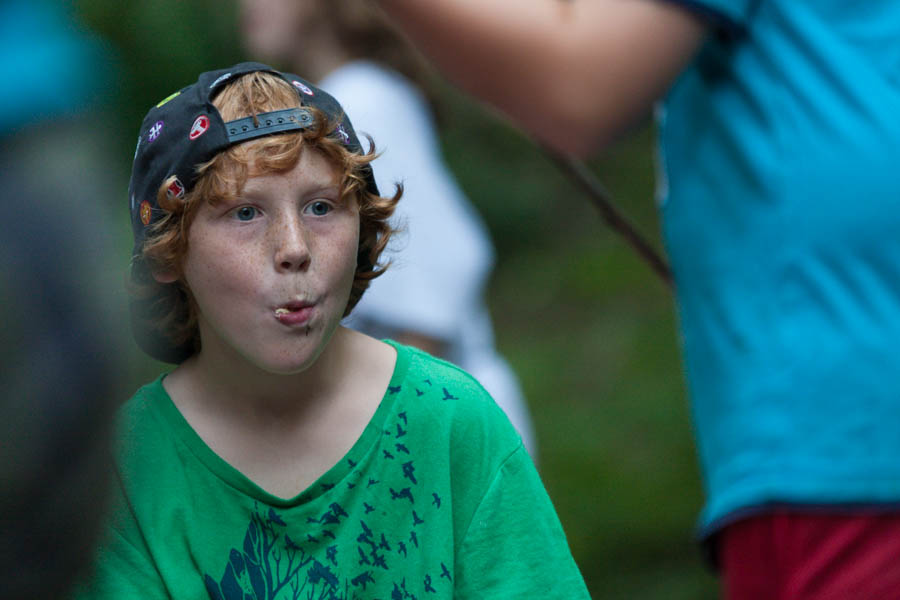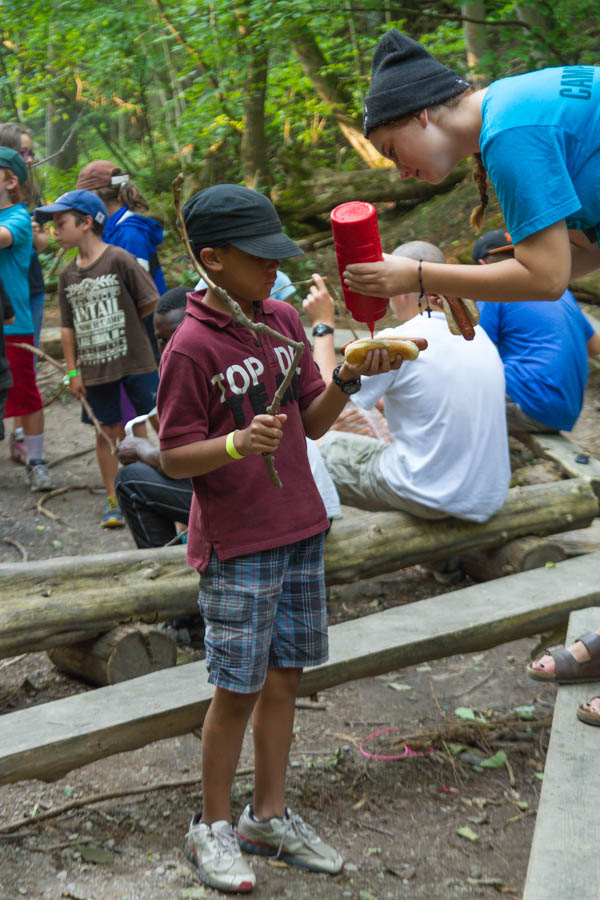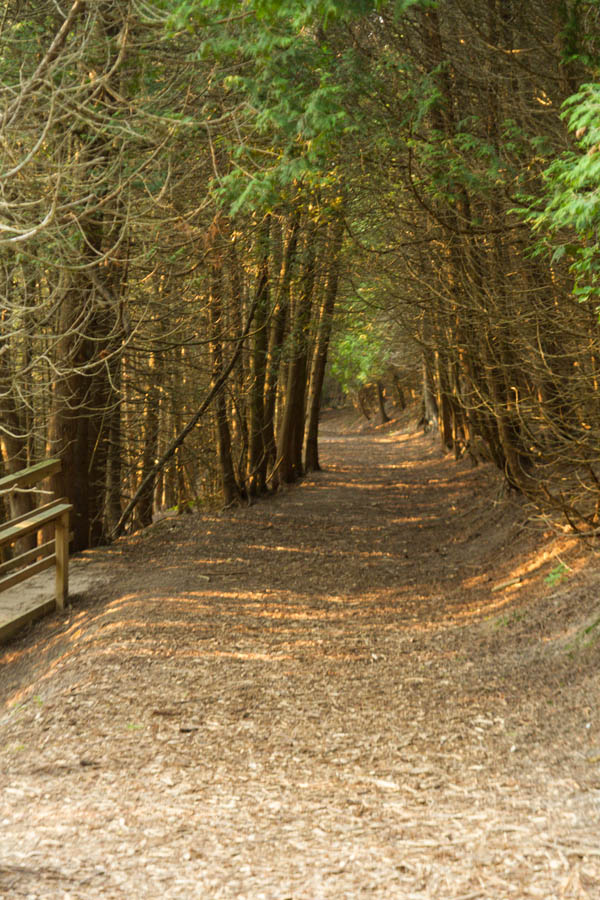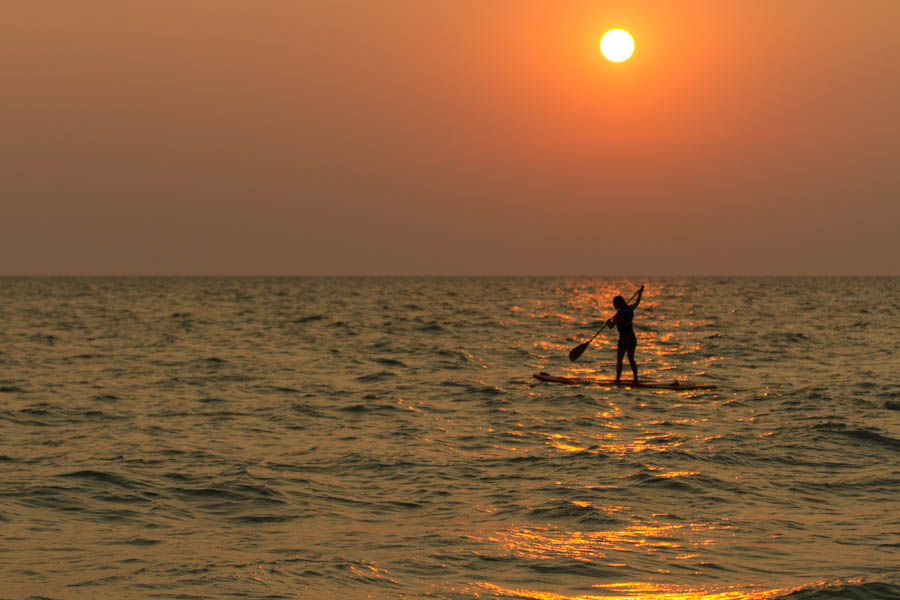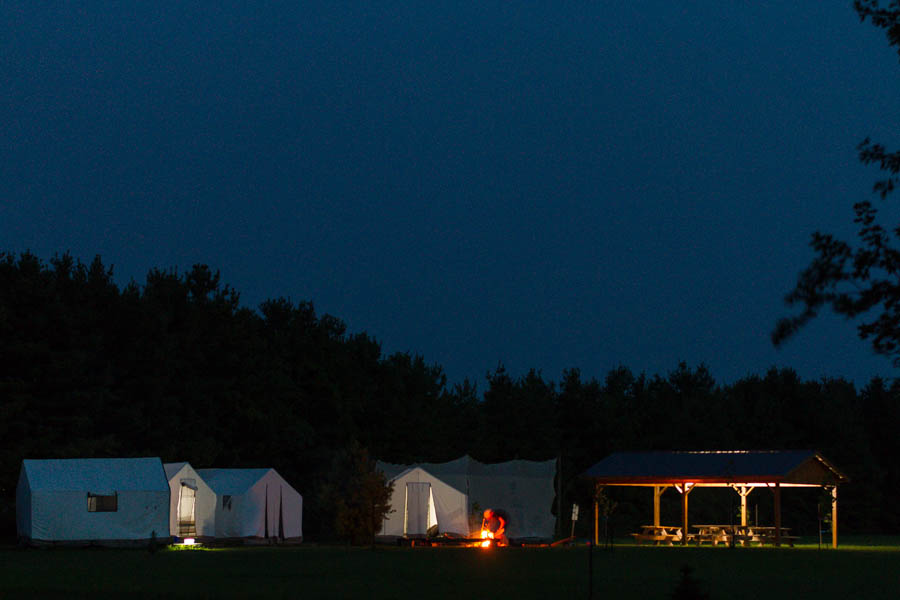Learning How to Apologize and other Responsibilities
CAIRN's Teen Week S.T.A.N.D. Leadership campers
The morning of “T” began with a few special touches that I’ll get into at a later date. There were so many throughout the week, I thought I would give them their own article at the end of this series. It was important to start the day’s session giving them yet another opportunity to use their social graces. I divided them again into pairs of cabin groups - different ones so that they were continuing to meet new people every day. The counsellors then facilitated putting them into partners, one person from each cabin per pair. Before the game began, they introduced themselves to their new teammate and shook hands. They looked a lot less awkward than yesterday and the teens didn’t even shoot me those strange looks I got the day before when I asked them to do the same!
The simple activity that we used was to give them 3 minutes to find as many things as possible that they had in common with their partner. They were not allowed to use the obvious - ‘we both have a nose, eyes, etc.’ After 3 minutes, we had a contest to see who found the most things in common and who found the most unique thing in common. The answers were quite remarkable and the campers surprisingly invested in the process. It was important for them to understand that we, as people, have so much more in common than we think and that one of the ways we change community is to get to know people.
A few skits followed, thanks once again to the wonderful resource staff of the camp who were willing to allow themselves to look a bit silly and, specifically today, a bit irresponsible. Of course, at the end, it was important to tell the campers that our skits were just that and that the staff members who helped me were actually very responsible and, that if they had not been, I would never have shared my disappointment with a room full of people.
Through both skits, which I had thought were relatively clever and funny, I got very little reaction from the teens. They were attentive and polite but did not show any emotion while they watched. The staff members in the ‘audience’, however, reacted as I had hoped. This was a fascinating eye-opener for me. The information presented in the skits was geared to the campers’ age group but they did not seem as invested as I had anticipated. As the week continued, I think I began to understand why and know what I need to change in the future but more about that on “A” day.
Both sketches lead us into group discussions on responsibility and my fears of how the morning was going dissolved a bit as the teens became more involved. First we agreed on a definition. We decided that “responsibility = own your ______”. We made a long list to fill in the blank and had small cabin group discussions about how it feels when people are responsible. We came together to report on our conversations and, in our “World Vision” portion of the morning, chatted about what the world looks like when people do not “own their _______” and how that affects us all. We ended off this section by having volunteers record the campers answers to “what are ways we can practice and show responsibility here at camp?”. These answers took a bit to pull out of them but we got there.
The mood changed considerably in the second half of “T”’s session.
World Vision exercise at S.T.A.N.D.
We talked about what to do when we screw up. We discussed that sometimes we drop the ball, we make mistakes, we forget things, we hurt our friends’ feelings and we let people down. With a fun activity I learned years ago from Michael Brandwein, I had them change partners within their cabin groupings (of course, they introduced themselves and shook hands first). Each pairing was given a tennis ball and, over the course of 5 minutes, threw it back and forth to one another while, with signals from me, they moved further and further apart. Now picture over 100 people doing this in the lodge. Of course, many people dropped the ball but, every so often with my interruptions to move further apart, I instructed them what to say if a ball was dropped. I changed the responses several times throughout the activity. Of course, there was much laughter. At first, it was the embarrassed kind and, as the activity continued, it was just the “this is okay and I’m having fun” kind.
We debriefed the exercise and talked about how much easier it was to own up to a slip-up when their partner said things like, “It’s okay, everyone makes mistakes. Just try again.” Of course, we also examined the fact that botching our responsibilities and making mistakes is not always this fun. Sometimes it’s really hard to admit you goofed. Sometimes it can be really painful to take responsibility for your own actions. I had frontloaded with a number of staff members that I would be asking how they deal with these kinds of situations. They had had a day or so to think about it and gave really thoughtful answers. I think hearing from the counsellors and senior staff that the teens really looked up to was a moving experience for them.
Nearing the end of our session, we talked about apologies. This is when the campers really came to life. They had a LOT to say on this issue; they were eager to share their examples of a really bad apology and how it made them feel. We reviewed the 3 steps of apologizing and went over the one step that makes us truly responsible human beings.
We wrapped up talking about owning our mistakes and learning from them so that they can empower us to be better people. We ended our morning by making a physical representation of our commitment to show what can be built if we are all responsible for our own actions. Ahead of time, a lovely volunteer made us a bridge using poster paper. It was 2 dimensional and pretty big because it needed to hold a lot of hand prints. The campers and staff each took turns putting their hands in washable tempera paint and placing a handprint somewhere on the bridge. It was a lasting and colourful work of art symbolizing their pledge to change the world for the better by owning their own actions.
From a morning that began like me pulling teeth to get responses from the teens, it ended in really great place. I look forward to sharing all about “Asking Intelligent Questions” in my next instalment. It was one difference-making session!

